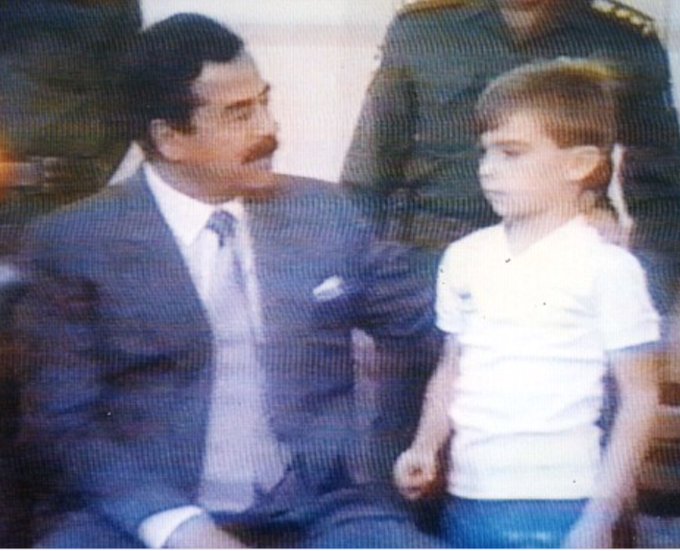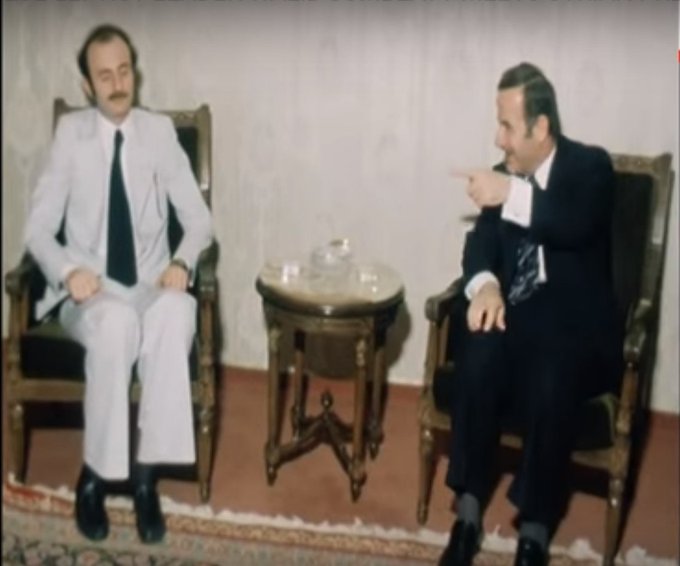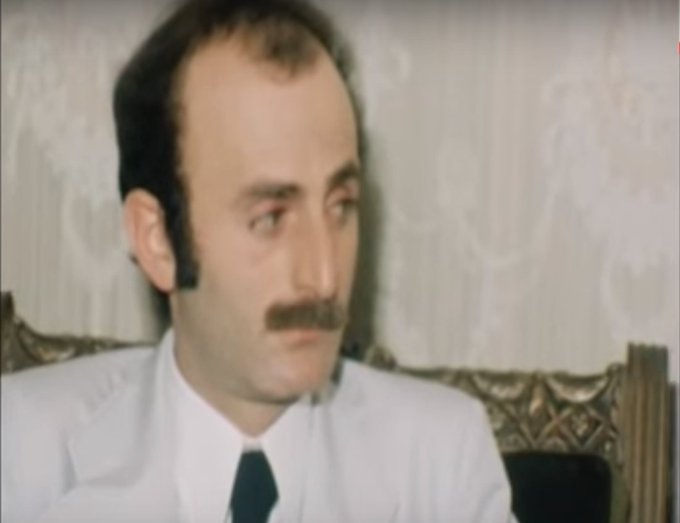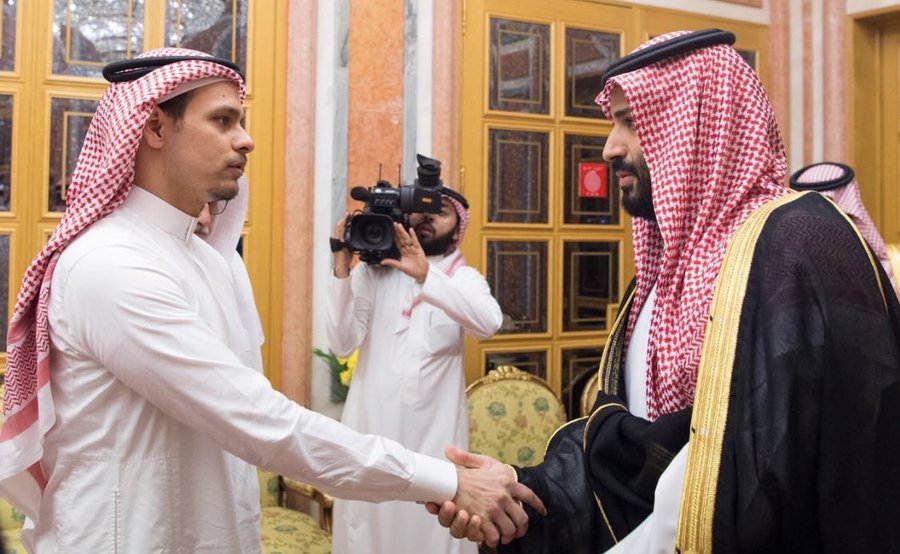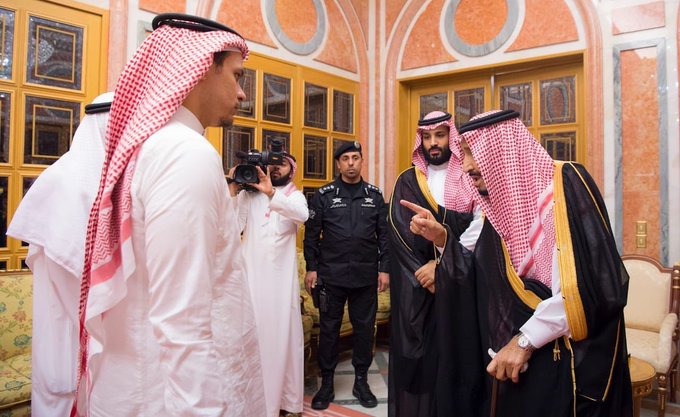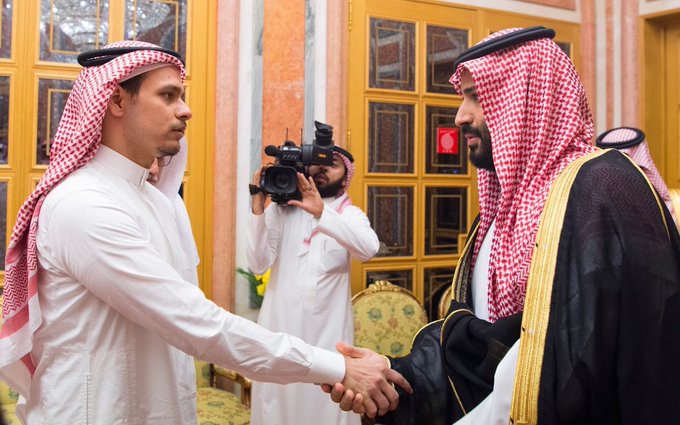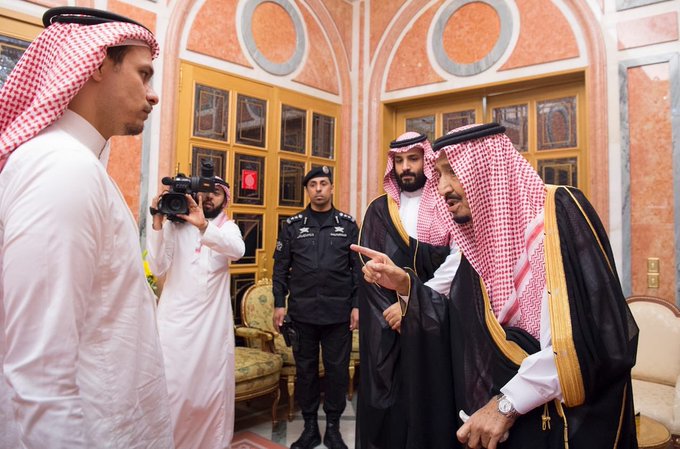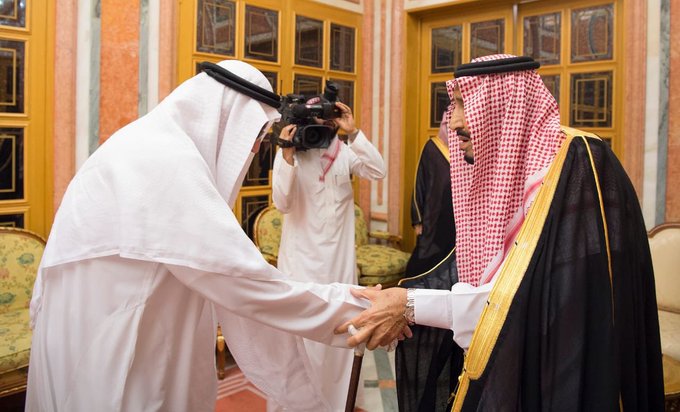An Israeli news site reported on Monday that an enigmatic Sunni militia linked to al-Qaeda called Jaish ul-Adl (Army of Justice) recently attacked a patrol of the Iran Revolutionary Guards, composed of Iranian soldiers and local volunteers. They took 14 soldiers into captivity, with plans to summarily execute them.
Jaish ul-Adl (Army of Justice) is a Salafist jihadist terrorist organization based in Sistan and Baluchestan province of Iran and has claimed responsibility for several attacks against civilians and military personnel in Iran.
The group was founded in 2012, by members of Jundallah, a Sunni militant group that had been weakened following Iran’s capture and execution of its leader, Abdolmalek Rigi, in 2010. Its first major attack occurred in October 2013. Jaish ul-Adl is a designated terrorist organization by Iran and Japan.
On April 26, 2017, the Islamic Republic News Agency (IRNA) reported that nine Iranian border guards were killed by the terrorist group in the Mirjaveh region, in the southeastern province of Sistan and Baluchestan while patrolling at the zero border point. The “Army of Justice” fled to Pakistan’s territories after killing the Iranian border guards. Iran said Islamabad should be accountable for the presence of terrorists on its soil.
“Islamabad should be accountable for the presence of terrorist groups in its soil and for the outlaw groups operation against Iran from its territory,” said spokesman of Iran’s Foreign Ministry, Bahram Qasemi in the aftermath of the attack.
In a November 18, 2013 report that appeared on the Almanar TV web site, the “Jaishul Haq” (Army of Right) launched an attack in the Iranian province of Sistan after a truce that lasted more than three years following the arrest of “Abdul Malik Rigi” by the Iranian authorities. Rigi is the leader of the Jundollah “the Soldiers of God” group, which has worked militarily against Iran from Pakistan before being exterminated by Iran in 2010. The attack resulted in the death of 16 Iranian soldiers, and the group set off from the “Baluchistan” province in Pakistan through the “Khojak” tunnel passing through Quetta, the capital of Baluchistan, Pakistan.
In a December 10, 2013 report on the EA Worldview web site, it was reported that the Sistan Baluchestan-based Sunni Baloch insurgent group Jaish ul-Adl claimed responsibility for an attack against Iranian security personnel in the predominantly-Sunni province, and warned Tehran there would be more to come unless it ended its “crimes against the oppressed peoples of Iran and Syria”.
If Iran did not stop, Jaish ul-Adl warned that its “day-to-day operations would increase” and the group would “burn all the military regime in Balochistan, according to the EA Worldview web site.
Despite the local nature of the Sunni Baloch insurgency in Sistan Baluchestan, the fact that the group specifically mentions Iran’s involvement in Syria in its warning indicates that at least some of Jaish ul-Adl feel that their cause extends beyond Iran and Baluchestan, and that it is part of a wider, sectarian Sunni struggle against oppressors.
In a 2013 post on its Persian-language blog, Jaish ul-Adl talked about their cause as “jihad” and described their fighters as “mujahideen”.
Jaish ul-Adl posted that their aim is to protect the honor and dignity of Muslims, and that the way to do so is to join the Mujahideen. The group also warns that it is ready to train young people so that they can join the jihad.
Also in 2013, the group also issued a warning to the Iranian security forces, calling on Tehran to cease its “crimes against the oppressed peoples of Iran and Syria”,
The post also offers some more information about the claims of the December 2013 attack against Iranian security forces.
The group has claimed that the attack took place near the town of Rasak in Sarbaz County, close to the border with Pakistan. Jaish ul-Adl say that the Shahid (Martyr) Molavi Abdolmalek Brigade planted mines around 5 kilometers outside Rasak, to target a military vehicle.
French sources, well-informed about the profile of the insurgent Salafi groups that are supported by Saudi Arabia, said in an interview with Al-Manar at the time that Saudi Arabia ordered the attack, and that this new group represents the fruits of the Saudi “violent approach” adopted in facing Iran and the regional axis; allying with it in Syria, Iraq and Lebanon.
The said sources also accused the Pakistani intelligence apparatus, in conjunction with the Saudi intelligence operations of creating and activating this group. The sources said that Saudi intelligence had spent large amounts of money to fund the Jaish al-Adl group, but the Saudis employed the Pakistani intelligence units to monitor the group that is controlling Jaish al-Adl and running it. The French sources confirmed that Pakistani intelligence had initiated the establishment of the group as it created, trained, and guided the Jundollah organization in the past, but abandoned it when its interest with Iran required so.
Pakistan, which receives funding from Saudi Arabia, entered into strategic alliance with Riyadh, and thus the leadership of the Pakistani army, which controls the Pakistani intelligence work, cannot reject the Saudi dictation in this regard. The Pakistani army has linked its policy in the region directly to the policy of Saudi Arabia for decades.
Yet, Pakistan is dissatisfied with the Iranian-American convergence and the Russian-American understanding in more than one hot area in the world, especially after the rise of Russia, which is considered by the Pakistani military institution as an important ally of Iran. The Pakistani military institution is concerned over this triple convergence that might affect its influence in Afghanistan and its rank in America, especially because Iran has a good relationship with India, the enemy of Pakistan, and the third largest importer of Iranian oil. The Pakistani military institution at the time was concerned about the return of the Russian influence to the Central Asian region and over the fact that this return might evoke the Pakistani role in the Afghan war against the Soviet Union, as well as the role of the Pakistani intelligence in financing and arming the Salafist groups fighting in Islamic countries, which were part of the former Soviet Union.
This all comes in addition to the Pakistani-Saudi intelligence role in assassinating “Ahmad Shah Massoud”, an ally of Russia and Iran in Afghanistan, and in supporting the Taliban of Moscow. These concerns that meet with the Saudi concerns put Islamabad under the control of Saudi intelligence in this file. This of course translates into the tense relationship that Pakistan and Iran have had and is being further strained by the Jaish al-Adl group against Iranian territory.
In February of 2014, it was reported by the Daily Beast that Jaish ul-Adl has claimed responsibility on a Twitter account for the abduction of five Iranian frontier guards along the Pakistani-Iranian border. They later posted photographs, allegedly depicting the captive guards on Facebook, according to the Daily Beast report.
The report said that this 2014 episode is part of a fledgling Sunni insurgency in which Tehran accuses its arch regional rival Saudi Arabia of stoking. The report indicated that Iran has protested the abductions and leveled accusations that Pakistani authorities are failing in an abysmal sense to police their shared border. They have also been accused of taking no steps in enforcing a bilateral security pact that was forged in 2013 before Saudi ally Nawaz Sharif was elected as Pakistan’s Prime Minister.
The report in the Daily Beast attributed the upsurge in Sunni jihadist activity to a rise in the number of madrasas promoting Saudi-style Wahhabism, according to analysts.
Other than Jaish ul-Adl, which is thought to number several hundred fighters, other Jihadi groups include Harakat Ansar, which says their objective is to secure autonomy for the province. But in their propaganda, both groups also refer heavily to the Syrian conflict and Iran’s role in shoring up Assad. Harakat Ansar has made an appeal on Saudi websites for funding.
The Iranian government is bracing for more problems with jihadist groups such as Jaish-ul-Adl which claims Iran needs to pay a price for its military and materiel support of Syrian President Bashar al-Assad.
By: Jay Evan







/cdn.vox-cdn.com/uploads/chorus_image/image/55559373/GettyImages_805675710.0.jpg)





